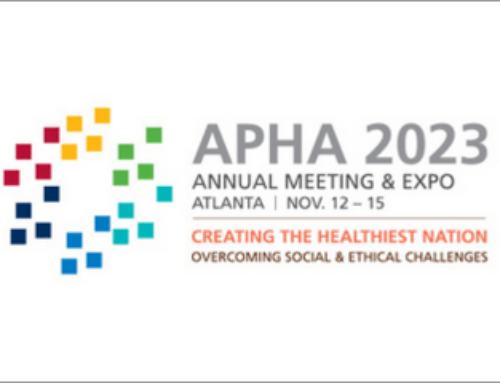The wait is over. As expected, President Barack Obama signed the repeal of Medicare’s SGR into law on Thursday, April 16, touting the bill (H.R. 2) as a bi-partisan, common-sense effort.
While it is now official, there is much work to be done. Congress has held up their end of the bargain; it is now time for physicians to make their mark as Congress moves to implement the new policy.
The repeal of the SGR has proven that when physicians raise their voice, Congress will listen. As the details of the implementation of this new legislation are debated, physicians must continue to advocate on behalf of their profession and for the health of their patients. Call your Senators and Representative today; thank your lawmakers for finally acting on the annual SGR threat and remind them to continue to vote with American physicians and patients in mind.
The health of the sleep field requires more than just exceptional patient care; to protect sleep medicine at the political level, physicians must actively participate in the political process. The American Academy of Sleep Medicine (AASM) relies on hands-on political participation from its members for a successful advocacy effort. The AASM Political Action Committee (AASM PAC) supports healthy sleep and secures the pathway to quality physician care by backing sleep-friendly lawmakers. To create an informed and passionate sleep community within Congress, please consider making a generous donation to the AASM PAC today.
As the AASM PAC looks to tackle sensible, sleep-positive health policy in the future, the presence of sympathetic and informed lawmakers will become increasingly crucial to our success. Every donation to the AASM PAC, large or small, helps bring an influential physician voice to the political table. Please consider contributing to the AASM PAC today.
As Congress debates the details of the new SGR repeal, you can learn how to be an advocate for the sleep medicine profession by using the new AASM Advocacy Toolkit. Today, you no longer need to be a Washington insider to influence policy. Advocacy does not need to be overwhelming; use the AASM Advocacy Toolkit and find out just how simple effective advocacy can be.








